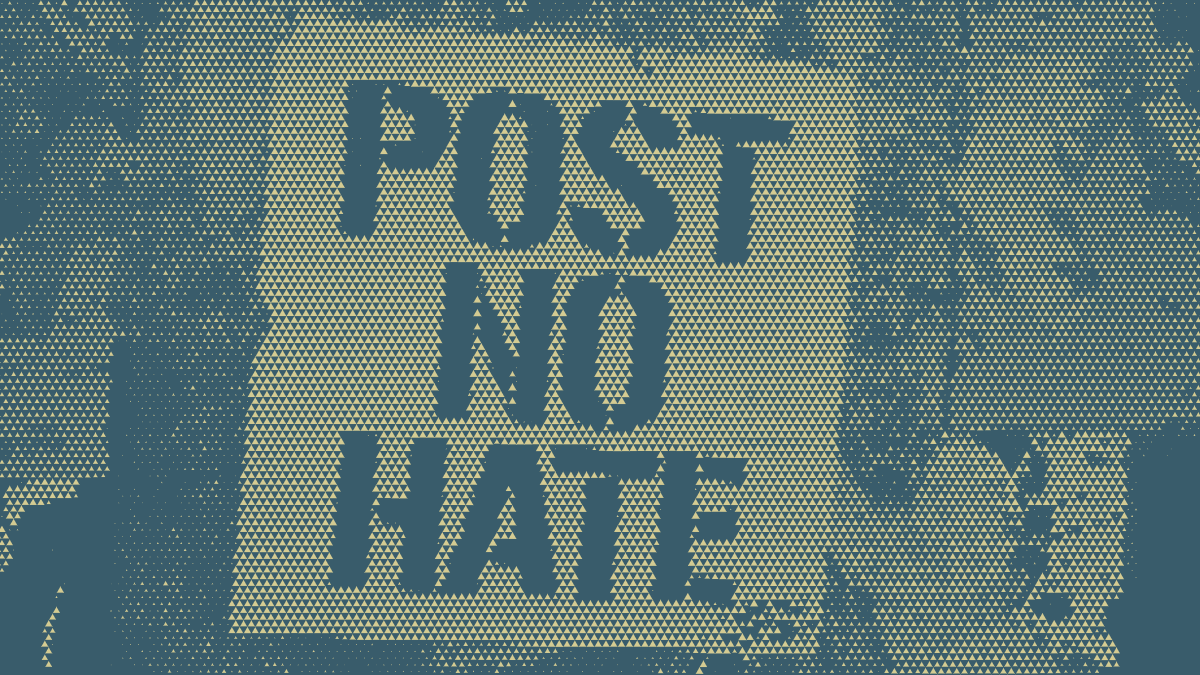Why does medical data not belong to the patients? What does that do to science and hospital care? Plus: Why Visa cancelled their bid to buy the fintech startup Plaid.
Should you leave WhatsApp because it is sending data to Facebook? And what about Matrix? Does a federated protocol actually have a chance to replace messengers like WhatsApp?
It looks like you've had an accident! Every new car sold in the EU has a black box in it that will activate the car's microphone and call emergency services in the event of a crash, supplying them with the car's location. A system that's ripe for explotation as spyware.
Ever since the Cold War, intelligence services and their sympathisers in Western governments have worked tirelessy to prevent everyday citizens from utilising effective encryption to shield their lives from prying eyes. When the Clipper chip failed, these people switched to influencing legislation to get what they want. And now they are at it again.
The German Bundestag is about to debate far-reaching legislation that will permanently enshrine coronavirus-related restrictions into law. In this episode, I examine this law's privacy and civil liberty implications.
Police raids across Europe to fight hate speech sound like a good idea. But what does 'hate speech' actually mean? And does fighting it actually help? Or will it endanger your freedom of speech and maybe even your privacy?
In a timely, and very long episode, fellow critical thinker Michael Mullan-Jensen and I discuss the upcoming US Presidential Election, how voters might be manipulated to change its outcome and what it means from a privacy perspective.
As Germany is heading into another lockdown, our government now wants to search our homes without a warrant and due process. Why? Because they suspect illegal partying is going on. Also: More on the Cyberbunker case.
German prosecutors have opened criminal proceedings against the administrators of the bulletproof hoster Cyberbunker, which was raided by police last year. This is a landmark case for all hosting companies in Germany and should be of interest to anyone looking for privacy-oriented online services.
A new privacy law is being voted on next month in California. It might change the way internet privacy is dealt with in all of the US, maybe even around the world. Plus: Do Not Track is back. Maybe, this time around, it will actually work.









